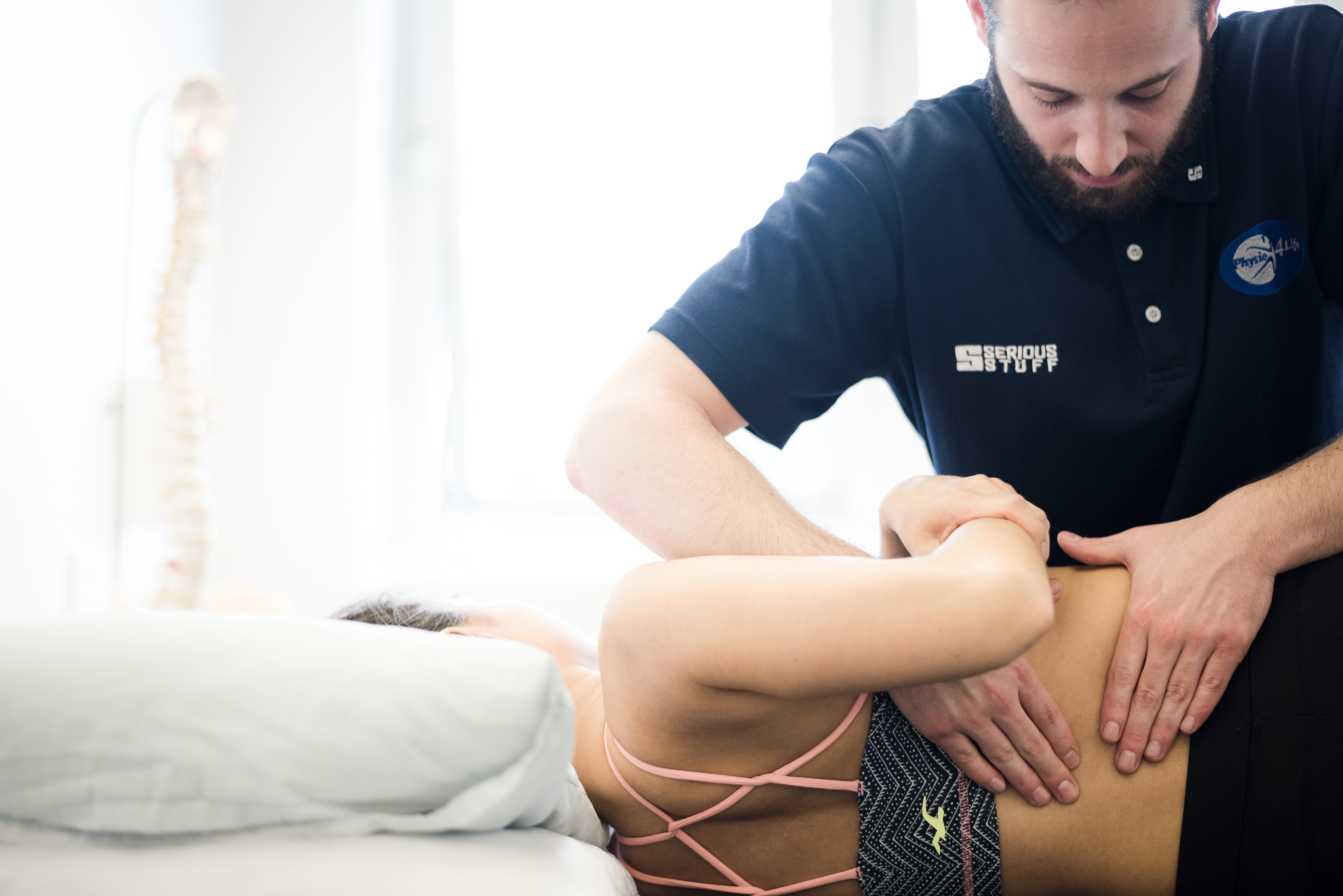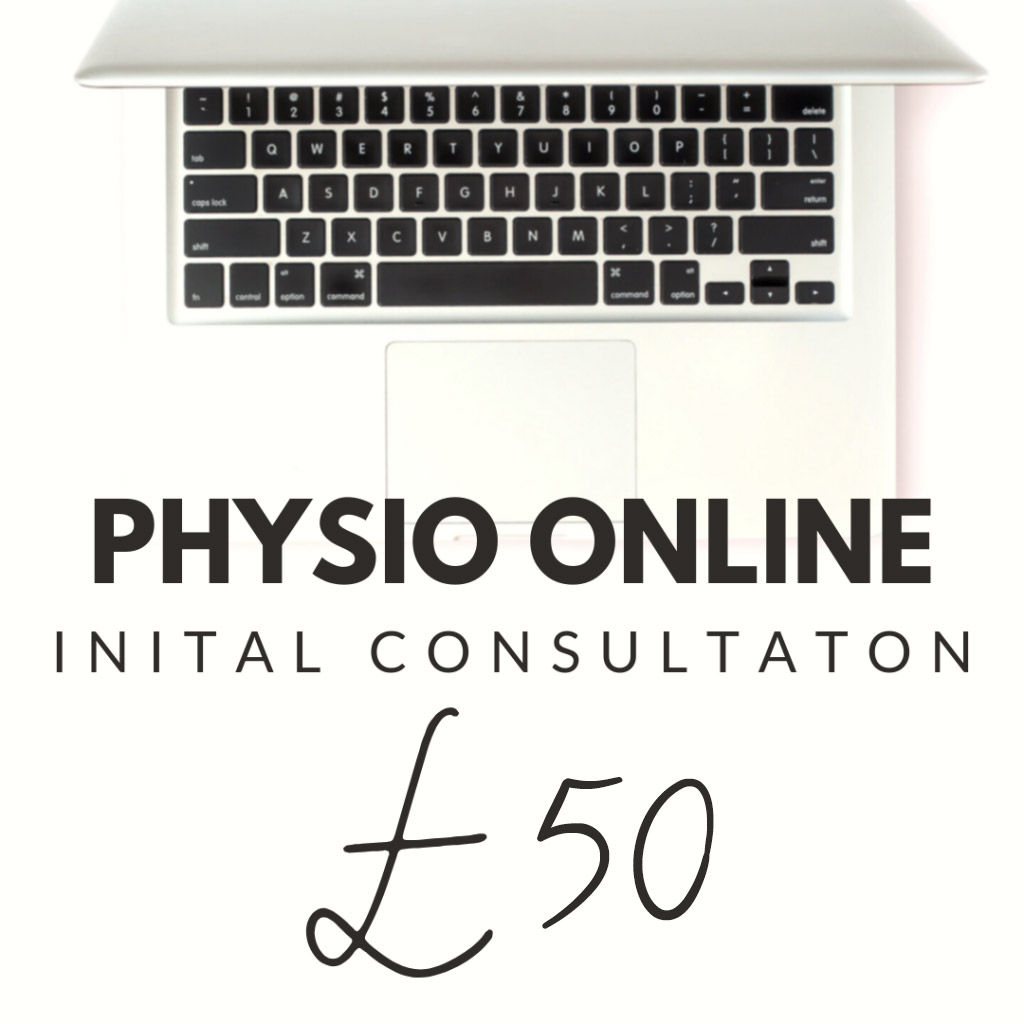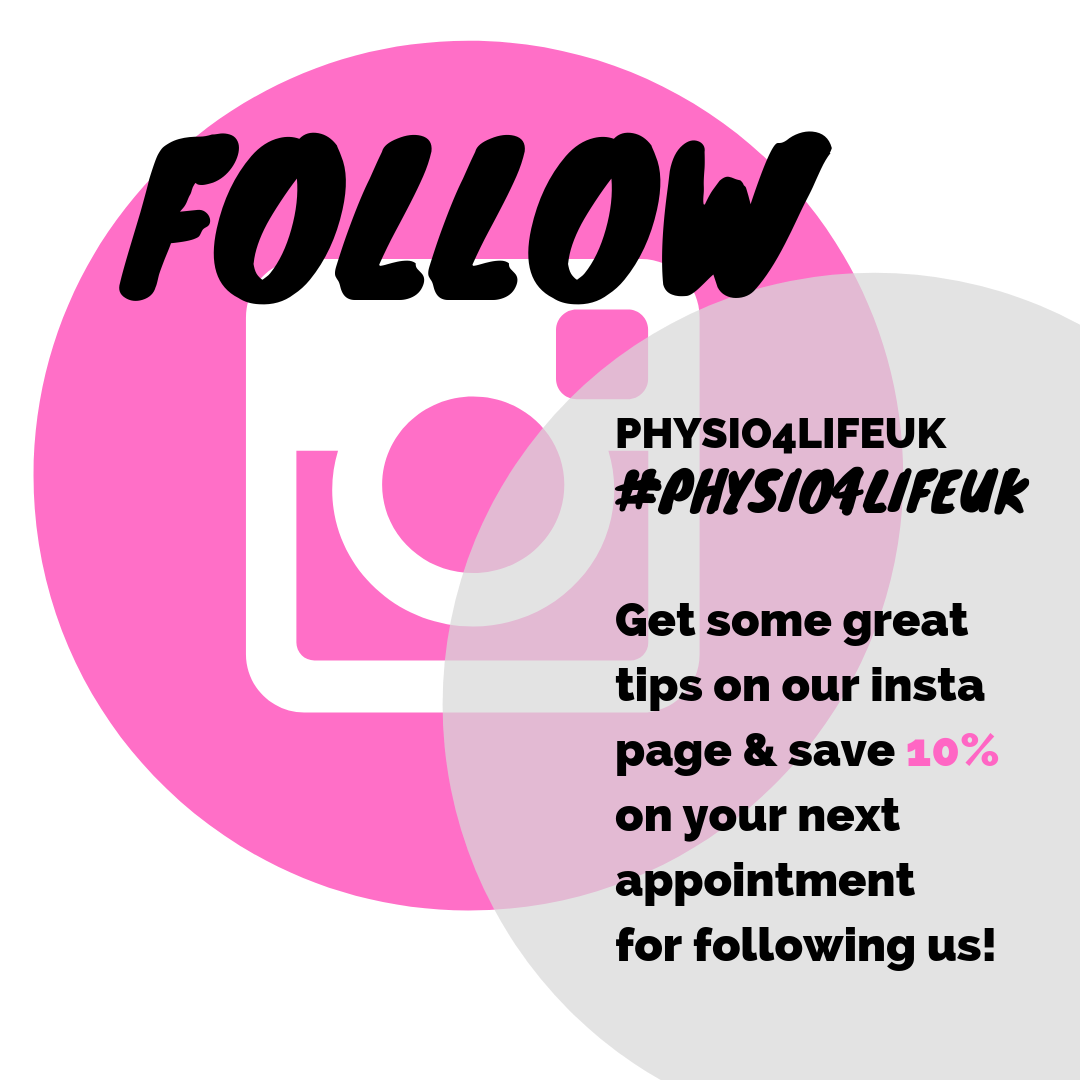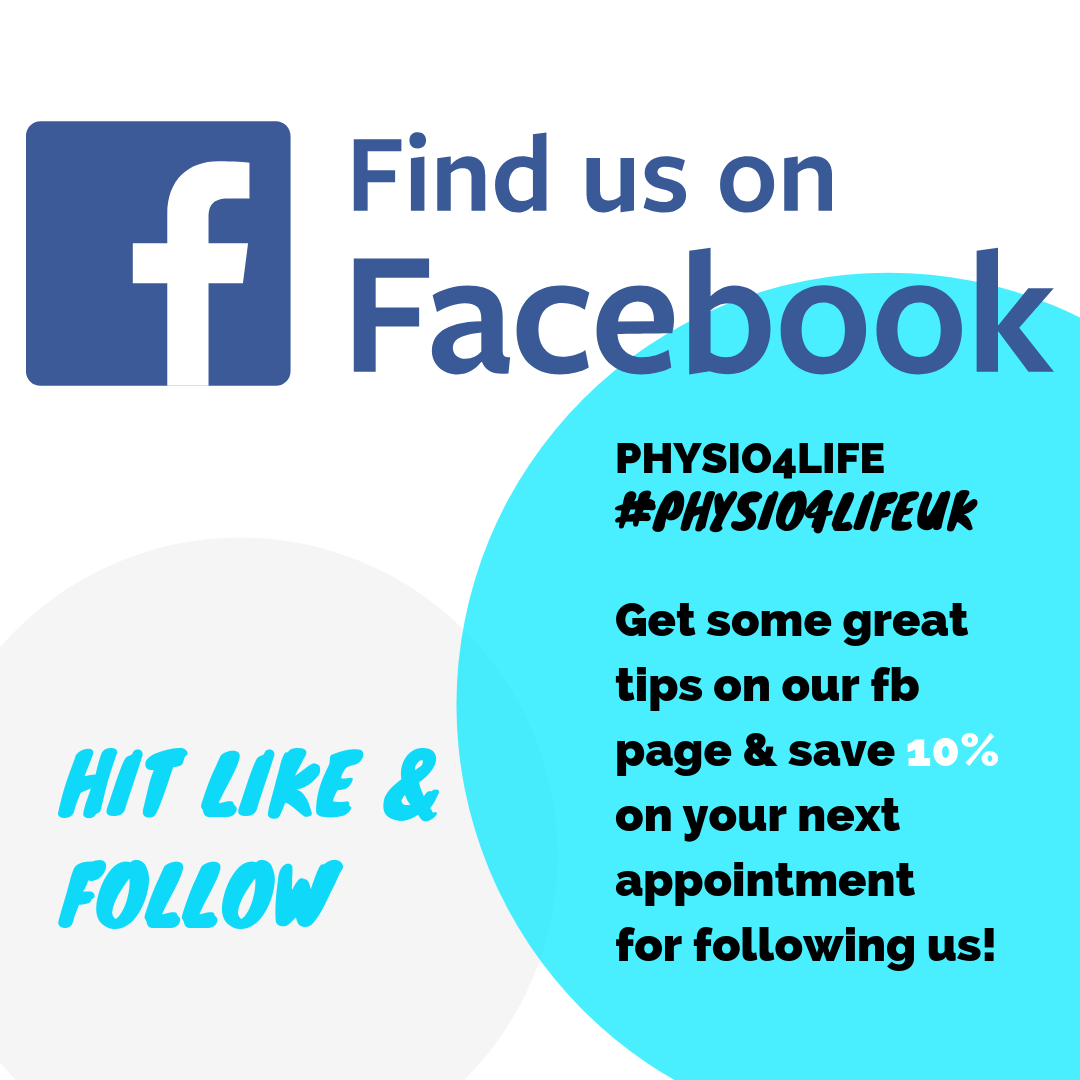
Award Winning Physio Richmond upon Thames
Welcome to Physio4Life for ‘Physiotherapy Richmond’. We provide home physio in Richmond SW15 and our clinic in Putney is just a short commute away. Our skilled Richmond physiotherapists are here to help with any aches, pains or sports injuries you may have. Our award winning physiotherapy clinic in London offers some of the best physiotherapy treatment available in Richmond SW15 London.
Physiotherapy is used for the treatment of musculoskeletal injuries, these include back and neck pain, as well as general aches and pains in the muscles or the joints.
Free Physio Telephone Consultation
At Physio4life nr Richmond we specialise in back/neck pain as well as sports injuries such as muscle pulls and tears. We also carry out postural and musculoskeletal screening to assess any muscle imbalances which may lead to further injuries.
We also have close links with leading surgeons and sports doctors, so that when required, further diagnosis and investigation (MRI, X-rays or Ultrasound) are obtainable, ensuring your problem can be dealt with efficiently.
Another key area we specialise in is post operative rehabilitation. This is vital after any surgery to the joints, as this will speed up your recovery time and allow you to get back to the lifestyle you want to enjoy.
Our Physiotherapy Clinic Facilities Richmond upon Thames
Seven spacious consultancy rooms, 900+ sq ft of gymnasium for fitness training and rehabilitation, and a 500+ sq ft Pilates studio which includes a Pilates reformer and trapeze table used in one to one Pilates as well as clinical Pilates. Our excellent facilities enable us to treat all levels – including the elite athlete – with long opening hours, Mondays to Saturdays, there are always appointments available to suit you.
Initial Physio Consultation in Richmond from £50
The initial visit for physiotherapy in Richmond will involve a 1 hour consultation where the history of your problem is taken, along with a musculoskeletal assessment and a full treatment. The physiotherapist will then tell you what needs to be done to return you to everyday activities or sport. This may include further treatment including manual therapy such as massage, electrotherapy (ultrasound, interferential etc.) acupuncture, manipulation and mobilisation. It could also mean doing rehabilitation exercises in our gym supervised by the physiotherapist or rehab trainer.
Our Physiotherapists
All Physio4Life physiotherapists are state registered chartered physiotherapist which means they are recognised by the NHS and all major health insurance companies.
For more information on the Physio4Life staff please see our Staff Biographies page
At Physio4life (Home Physiotherapy Richmond) we are proud to have treated patients from all over London and even the UK. If you are looking for a registered physiotherapist with the experience to help treat your sports injuries, stiffness, lower back pains, chronic back pain, sprained ankle injury, ligament damage, running injuries, pregnancy pain, sciatica, headaches, dizziness, shoulder pain, remedial pain then why not contact one of our highly trained and expert Physiotherapists.
Physiotherapy, also known as physical therapy, offers a wide range of benefits for individuals recovering from injuries, managing chronic conditions, or seeking to improve their overall physical health. Here are some of the key benefits of physiotherapy:
The Benefits Of Physiotherapy
Pain Relief:
- How it helps: Physiotherapists use techniques such as manual therapy, ultrasound, TENS (transcutaneous electrical nerve stimulation), and targeted exercises to reduce pain.
- Conditions treated: Chronic pain, arthritis, back pain, neck pain, and post-surgical pain.
- Improved Mobility and Movement:
- How it helps: Physiotherapy helps restore joint and muscle function, making it easier to move and perform daily activities.
- Conditions treated: Stiffness, limited range of motion, and mobility issues due to injury, surgery, or aging.
Injury Recovery and Prevention:
- How it helps: Physiotherapists design personalised rehabilitation programs to help recover from injuries and prevent future ones by strengthening muscles and improving flexibility.
- Conditions treated: Sports injuries, workplace injuries, and repetitive strain injuries.
Post-Surgical Rehabilitation:
- How it helps: Physiotherapy aids in recovery after surgeries such as joint replacements, ligament repairs, or spinal surgeries by restoring strength and function.
- Conditions treated: Post-operative stiffness, weakness, and scar tissue management.
Management of Chronic Conditions:
- How it helps: Physiotherapy can help manage symptoms and improve quality of life for individuals with chronic conditions.
- Conditions treated: Arthritis, diabetes, heart disease, chronic obstructive pulmonary disease (COPD), and multiple sclerosis.
Improved Strength and Flexibility:
- How it helps: Through targeted exercises and stretching, physiotherapy helps build muscle strength and improve flexibility, reducing the risk of injuries.
- Conditions treated: Muscle weakness, tightness, and imbalances.
Enhanced Sports Performance:
- How it helps: Physiotherapists work with athletes to improve performance, prevent injuries, and provide recovery strategies.
- Conditions treated: Sports-related injuries, overuse injuries, and performance optimization.
Better Posture and Alignment:
- How it helps: Physiotherapy addresses postural issues through exercises, ergonomic advice, and manual therapy.
- Conditions treated: Poor posture, scoliosis, and work-related musculoskeletal disorders.
Respiratory and Cardiovascular Health:
- How it helps: Physiotherapy includes breathing exercises and techniques to improve lung function and cardiovascular health.
- Conditions treated: Asthma, cystic fibrosis, and post-cardiac surgery recovery.
Women’s Health Support:
- How it helps: Physiotherapy addresses issues specific to women, such as pelvic floor dysfunction, prenatal and postnatal care, and menopause-related symptoms.
- Conditions treated: Pelvic pain, incontinence, and pregnancy-related discomfort.
Neurological Rehabilitation:
- How it helps: Physiotherapy helps improve movement, coordination, and balance in individuals with neurological conditions.
- Conditions treated: Stroke, Parkinson’s disease, spinal cord injuries, and traumatic brain injuries.
Fall Prevention:
- How it helps: Physiotherapy improves balance, coordination, and strength, reducing the risk of falls, especially in older adults.
- Conditions treated: Age-related mobility issues and balance disorders.
Non-Invasive and Drug-Free Treatment:
- How it helps: Physiotherapy provides a natural alternative to medications and surgeries, focusing on the body’s ability to heal itself.
- Conditions treated: A wide range of musculoskeletal and neurological conditions.
Mental Health Benefits:
- How it helps: Physical activity and pain relief through physiotherapy can reduce stress, anxiety, and depression.
- Conditions treated: Mental health challenges linked to chronic pain or physical limitations.
Education and Self-Management:
- How it helps: Physiotherapists educate patients on how to manage their conditions, prevent recurrences, and maintain long-term health.
- Conditions treated: All conditions, with a focus on empowering patients to take control of their health.
Who Can Benefit from Physiotherapy?
- Individuals recovering from injuries or surgeries.
- Athletes and active individuals.
- People with chronic pain or medical conditions.
- Older adults seeking to maintain mobility and independence.
- Pregnant or postpartum women.
- Anyone looking to improve their physical health and well-being.
Physiotherapy is a versatile and effective approach to improving physical health, managing pain, and enhancing quality of life. It is tailored to individual needs, making it suitable for people of all ages and fitness levels.
Have a question you would like to ask our Physiotherapists?
Use our ‘ASK A THERAPIST‘ feature.




